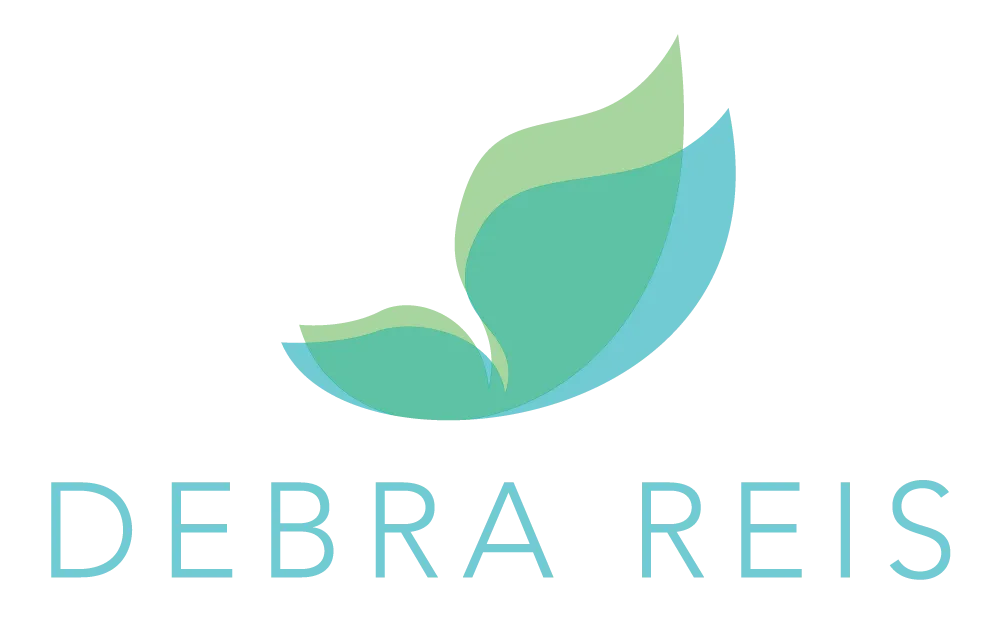Supporting
Cancer Care with
Essential Oils
Cancer Diagnosis — Now What!?
You or someone you know or care for has dealt with a cancer diagnosis. When you hear the “C” word, emotions of worry, concern, and anxiety may fill you. A cancer diagnosis can provoke anger and thoughts like why me? and what did I do wrong? It can also trigger shame for past wrongs or blame.
You need information and answers fast!
The internet is the first place most go-to for answers. This can quickly bring on feelings of overload and confusion — creating significantly more anxiety and stress. With cancer, time is of the essence. Usually, there are feelings of overwhelm with the diagnosis, treatment, and schedules. There is an urgency to act immediately.
Dealing with Cancer
Treatment Side Effects
A cancer diagnosis often includes treatment options of surgery, radiation, and chemotherapy.
These treatments may cause other problems like nausea, skin changes such as burns, hair loss, and overall discomfort. One of the key concerns in dealing with cancer and treatment is fatigue, low energy, and lack of motivation which can greatly impact lifestyle.
Traditional approaches to treating cancer treatment side effects include medications. Pharmaceuticals can provide benefits but sometimes lead to other side effects or don’t alleviate the symptoms. Studies and uses of essential oils show great promise to provide symptom relief of cancer side effects.
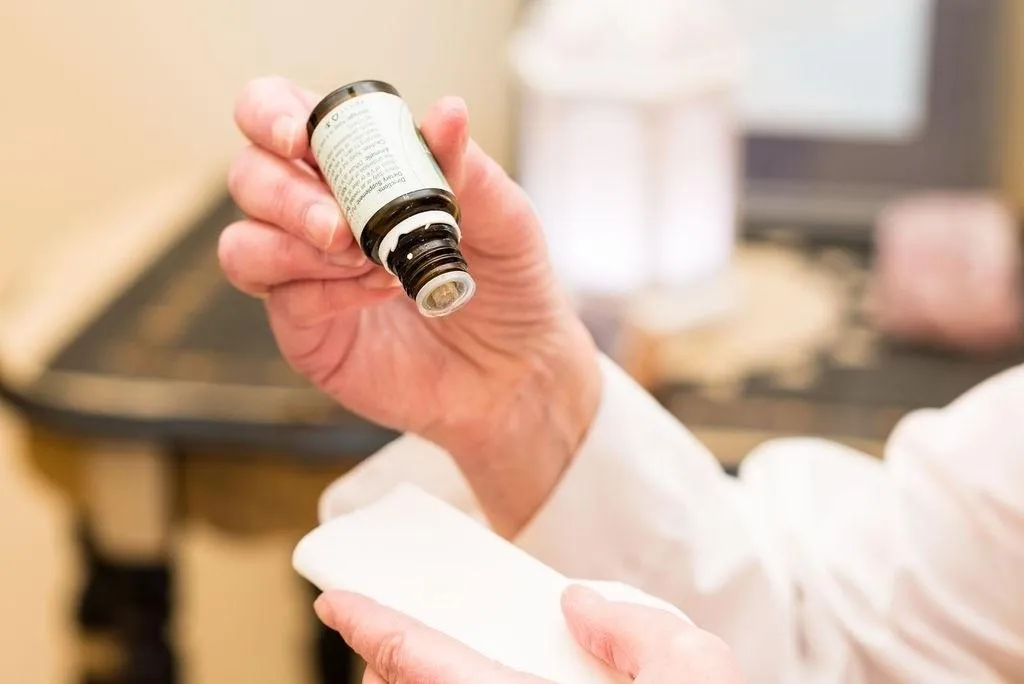
Aromatherapy Supports a Cancer Care Plan
Most people who receive a cancer diagnosis move forward with the first proposed treatment. Suggestions for support therapies are not usually part of the plan. Many practitioners support holistic modalities such as aromatherapy but don’t know or have the time to share this information.
Proper Aromatherapy Use for Cancer Care is My Mission!
My background is as an advanced practice nurse focusing on holistic therapies. My interest in aromatherapy began about 20 years ago. I became certified as a clinical aromatherapist, and my studies helped me recognize the interaction between oil chemistry and the body.
Aromatherapy is very popular with those who have a cancer diagnosis and are receiving treatment such as radiation and chemotherapy. Unfortunately, essential oils can be misused or used unsafely. My goal is to use aromatherapy for those dealing with a cancer diagnosis properly. Concurrently, healthcare providers must have a good foundation and education for specific essential oils, rationale, and safety.
My experience led me to develop the online course, Supporting Cancer Care with Essential Oils, focusing on providing evidence-based education on aromatherapy, safety considerations, and quality standards to use as part of a cancer care plan.

"I especially appreciated the Supporting Cancer Care with Essential Oils class that gave me hands-on practice. I learned many new aspects of essential oils. This program was very helpful and I can utilize what I learned with my cancer patients at work. Thank you very much for providing such a wonderful class.”
Teresa Yoon
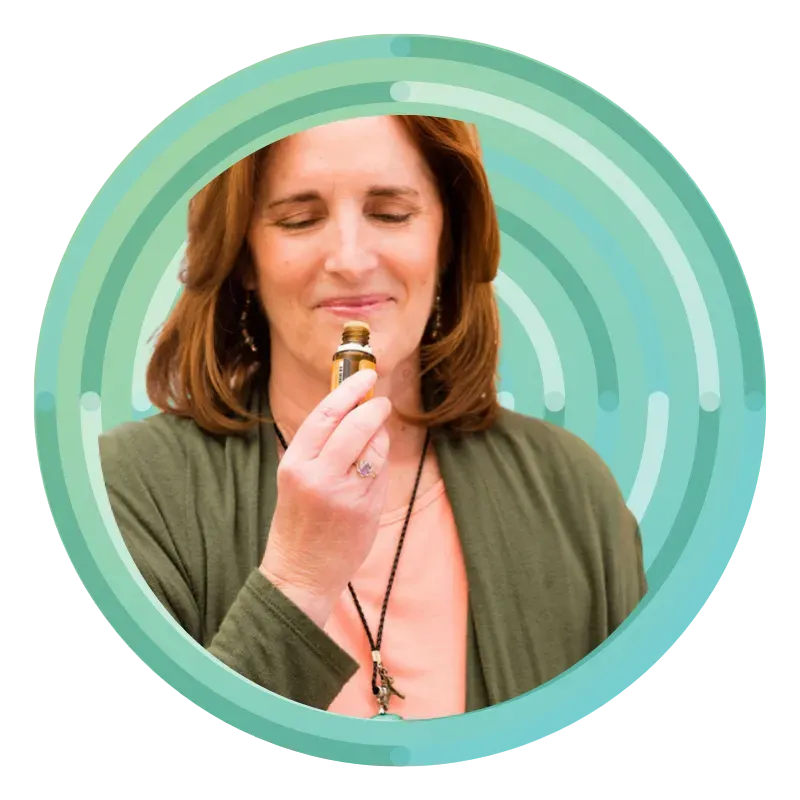
In the Supporting Cancer Care with Essential Oils online program, you will:
• Explore the research on essential oils for cancer so you can integrate them as part of a wellness plan with self-assurance
• Understand the importance of essential oil quality so you have the confidence to include them in a plan of care
• Learn about essential safety considerations when using aromatherapy and other traditional modalities
• Discover ways to use essential oils that can give you the most significant benefits for overall well-being
• Identify essential oils for cancer diagnosis and treatment concerns so you can feel comfortable and at peace with developing a care plan
Investment: $247
Supporting Cancer Care with Essential Oils gives you the research of which oils show the best results for dealing with cancer. A significant section goes into the most common emotional and physical concerns of those with cancer, how essential oils can be most beneficial, and their use in practice. Other essential oils that show promise are identified based on their chemistry and effect on the body.
Security in the Science
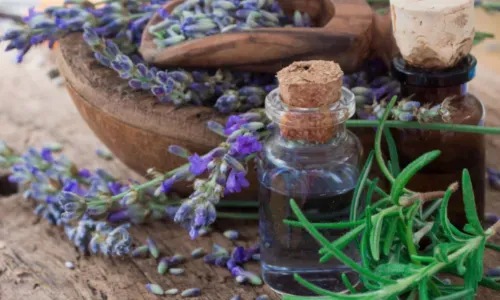
The facts are that 1 in 2 men and 1 in 3 women have a lifetime risk of developing cancer. These statistics are alarming since many experts believe cancer is an inflammatory process caused by stress. Stress can reduce the quality of life, which may promote cancer progression. Other stressors affecting you which may cause inflammation include foods high in fat or sugar, environmental toxins, sedentary lifestyle, obesity, chemical products used for personal care, and more.
Several essential oils such as Lavender (Lavandula angustifolia) and Rosemary (Rosmarinus officinalis) have shown their benefits to reduce stress and promote relaxation.
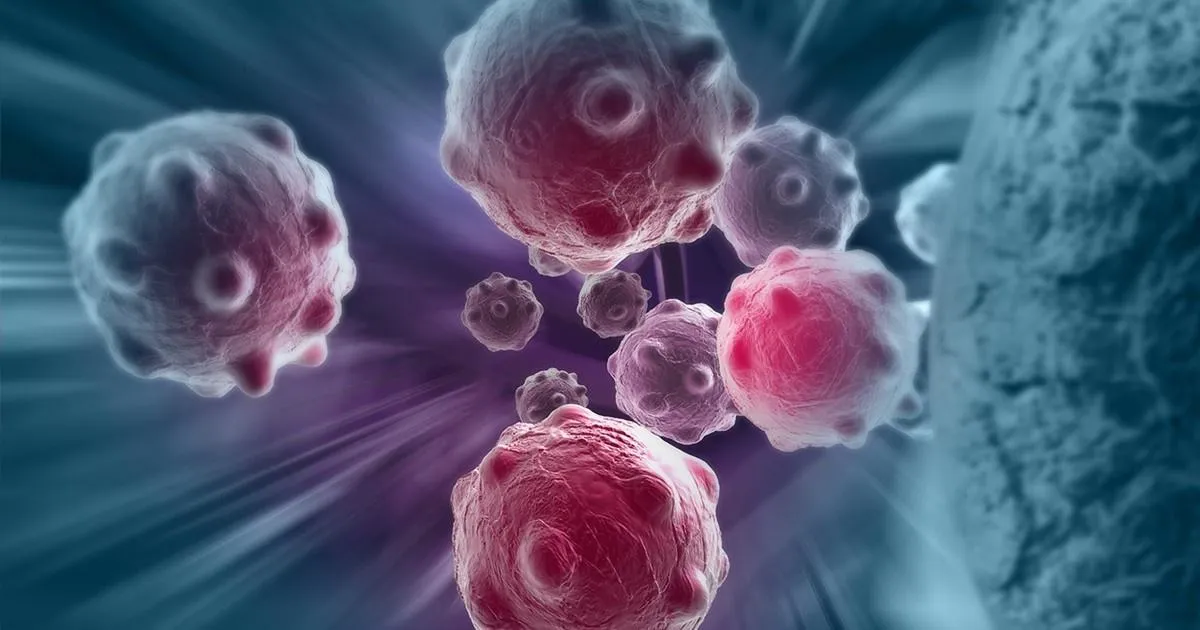
A cancer cell is a cell that has lost its behavior memory. The body's natural defenses can't keep up with the cancer cell replication. Laboratory studies show that some essential oils effectively kill or stop cancer cells.
There is evidence for several essential oils such as Orange (Citrus sinensis), Lavender (Lavandula angustifolia), Rosemary (Rosmarinus officinalis), and Frankincense (Boswellia carteri).
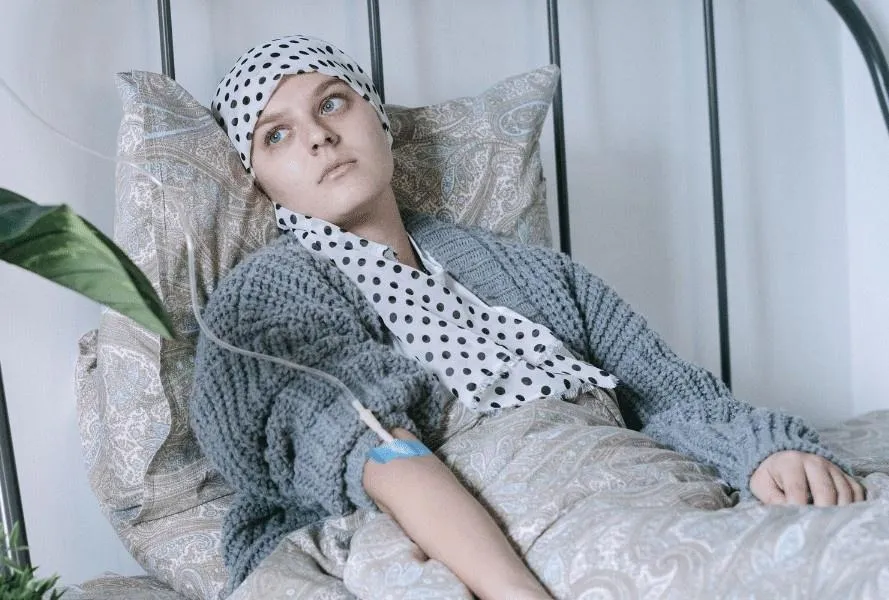
Several research studies share the benefits of aromatherapy for side effects of treatment, including radiation burns, discomfort, nausea, fatigue, and more.
Evidence shows how specific essential oils have proven outcomes for many devastating treatment side effects.
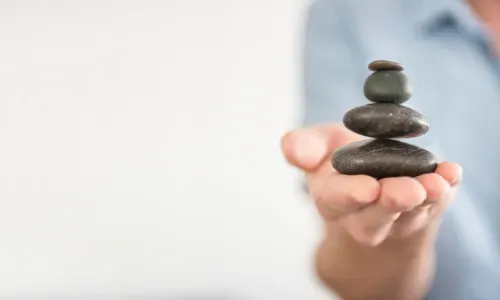
As mentioned, inflammation may be the root of most, if not all, illnesses, including cancer.
Inflammation creates an acidic environment in the body which may cause cell breakdown and disease.
Essential oils are alkaline and may be beneficial in helping the body in its process to come to a balanced state.
It works!
Josh was a young man dealing with blood cancer. He would have nausea and vomiting even before coming to the cancer center. Josh received guided imagery with the aroma of peppermint. Peppermint oil reminded him of chewing his peppermint gum on the baseball field, which was positive imagery for him.
Josh tolerated treatment after one session and then used peppermint oil as a reminder to control his nausea and vomiting.

“Deb has a gift for making complex information easy to understand and integrate into practice.”
Kate Petree, CCA, HTSM/CP/I | Knoxville, TN
Easy and Accessible Learning
• Receive immediate online access 24/7 access
• Enjoy our user-friendly state-of-the-art learning management system
• Go at your own pace and review any time to guide plans and actions
• Get full access to all videos, slides, research, and support printables
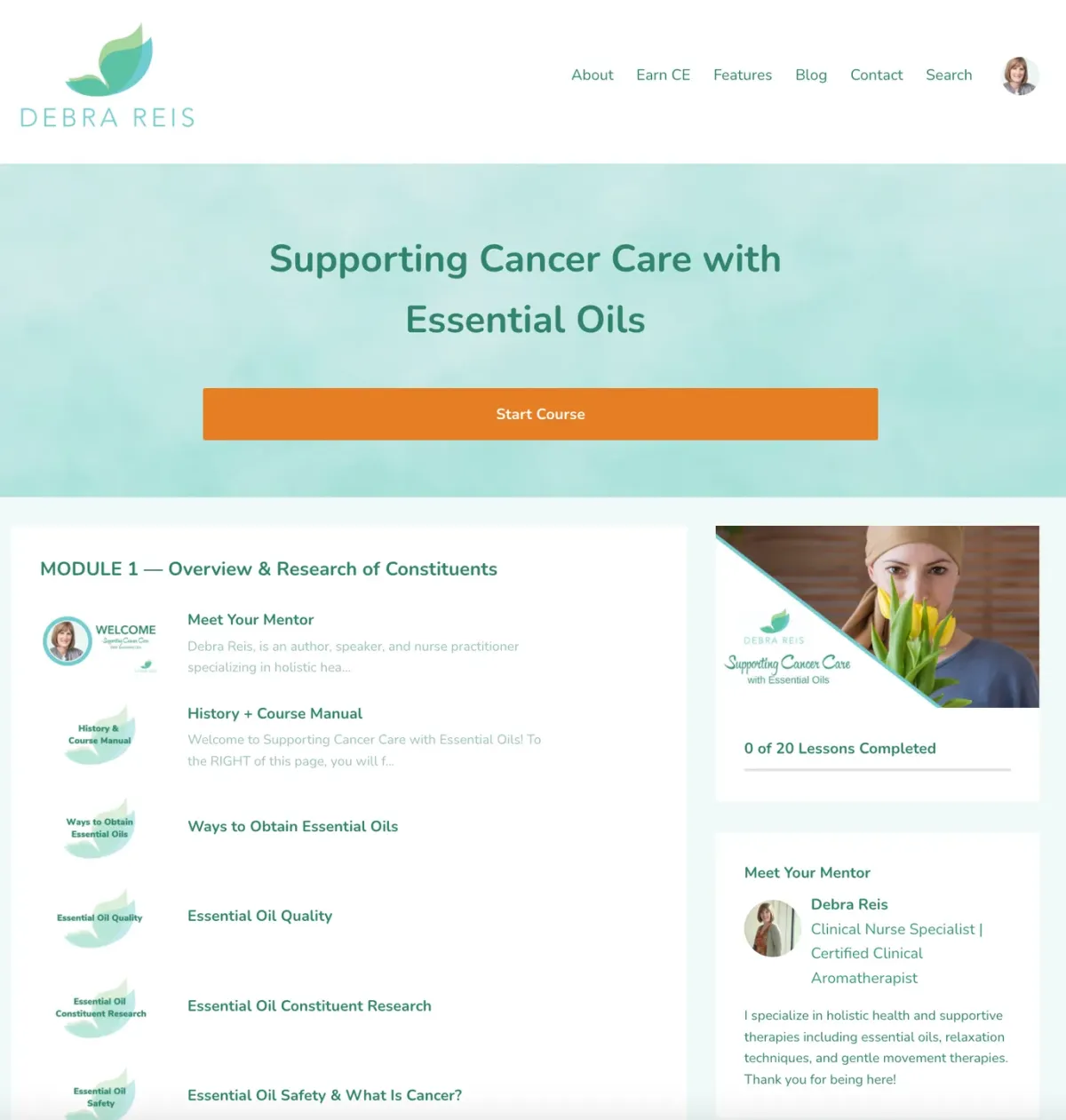

Do You Need CE? I’ve Got You Covered!
If you’re a professional health provider, your continuing education is essential.
Contact hours are available for nurses, massage therapists, and aromatherapists!
Earn 3.5 contact hours to apply for your recertification or licensure.

Clarence is a four-time cancer survivor grateful for the medical treatments during his cancer journey. However, he states that the holistic therapies he continues to use, including aromatherapy, is what he believes “saved my life."
"The Cancer Care course is a reference guide for me to deal with the results of Cancer Treatments over the last ten years."
Clarence E. Burge | Swanton, OH
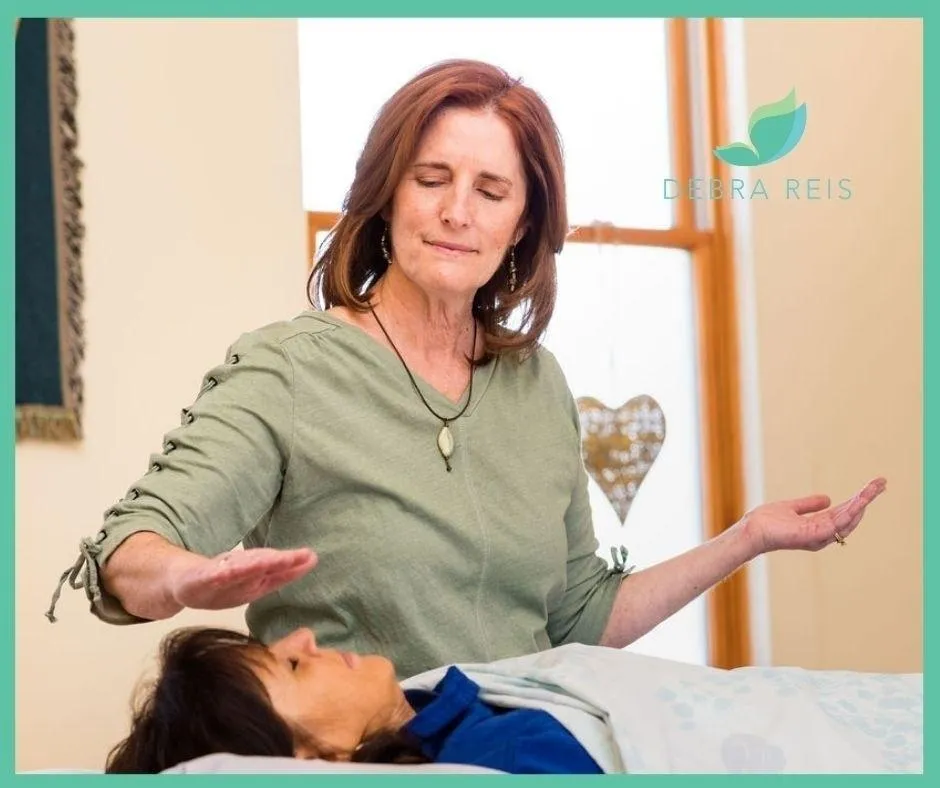
Meet Your Mentor
My name is Debra Reis, and I’m a Clinical Nurse Specialist and Certified Clinical Aromatherapist specializing in holistic, supportive therapies, including aromatherapy, relaxation techniques, and gentle movement therapies.
I serve as the director and an instructor with the Certification in Clinical Aromatherapy program for the Institute of Spiritual Healing & Aromatherapy. I’ve provided workshops across the country, internationally, and am known as an expert in essential oils for cancer care.
I’ve been able to apply my knowledge of holistic therapies, including aromatherapy, with patients who enter the cancer centers of my hospital organization. Patients are provided with options to support their coping with cancer and treatment. Aromatherapy has been a popular tool and is easy for patients to use in their plans. Often, I’ll use aromatherapy in combination with other therapies, such as guided imagery to bring balance and relaxation. The essential oil(s) used in the session can stimulate the relaxation experience. So, the person may use the aroma in an inhaler or on a tissue to help remind them of the positive benefits.
FAQs
Are there prerequisites for this course?
No, this is a course where you will learn and gain information for chakra healing.
Who will benefit from this course?
This course is for those who wish to discover more about self-care through chakra healing.
How do I obtain contact hours?
After you complete the program and evaluation you will be granted your certificate.
Best practice: Print your certificate and keep it on file for your next CE renewal period.
Is there a money-back guarantee?
There are no refunds, but I’m confident that you’ll gain new information.
